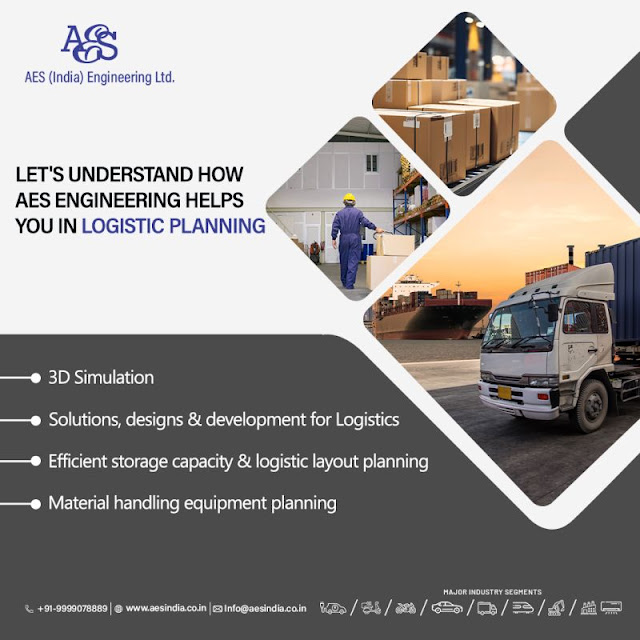The Key Elements Of A Successful Turnkey Material Handling Project
Material handling is an essential aspect of any manufacturing, warehousing or logistics operation. It involves the movement, storage, control, and protection of materials and products throughout the supply chain. Material handling systems are critical to the success of any operation and can significantly impact productivity, safety, and profitability. AES offers turnkey industrial materialhandling solutions that can help companies improve their manufacturing, warehousing or logistics operations.
A turnkey material handling project is an end-to-end solution that involves the design, installation, and commissioning of a material handling system. Turnkey projects are an attractive option for companies looking to streamline their operations and improve efficiency.
In this blog, we'll discuss the key elements of a successful turnkey material handling project
● Understanding Customer Requirements
The first step in any turnkey material handling project is understanding customer requirements. A detailed analysis of the existing processes, product flow, and material handling requirements is essential. The project team should work closely with the customer to gather all relevant information and ensure that the solution meets the specific needs of the operation.
● Design and Engineering
Once the customer requirements have been established, the next step is to develop a design and engineering plan. This plan should take into account the layout of the facility, the product flow, and the material handling requirements. The design should be optimized for efficiency, safety, and cost-effectiveness. The project team should work closely with the customer to ensure that the design meets their requirements.
● Project Management
Effective project management is critical to the success of any turnkey material handling project. The project manager should be responsible for overseeing all aspects of the project, including scheduling, budgeting, and resource allocation. The project manager should work closely with the customer to ensure that the project is delivered on time, within budget, and to the required specifications.
● Installation
Installation is a critical phase of any turnkey material handling project. The installation team should be experienced and skilled in the installation of material handling systems. The team should work closely with the customer to ensure that the installation is completed on time and to the required specifications.
● Commissioning and Testing
Once the installation is complete, the system should be commissioned and tested. This process involves testing the system to ensure that it is operating as intended and meets the customer's requirements. The commissioning and testing phase is critical to ensuring that the system is safe, efficient, and effective.
● Training and Support
Training and support are essential elements of a successful
turnkey material handling project. The project team should provide training to
the customer's staff on how to use and maintain the system. The team should
also provide ongoing support to ensure that the system operates efficiently and
effectively.
In conclusion, a successful turnkey material handling project requires a comprehensive approach that takes into account all aspects of the operation. The key elements of a successful project include understanding customer requirements, design and engineering, project management, installation, commissioning and testing, and training and support. By following these key elements, companies can ensure that their material handling system is safe, efficient, and effective.




Comments
Post a Comment